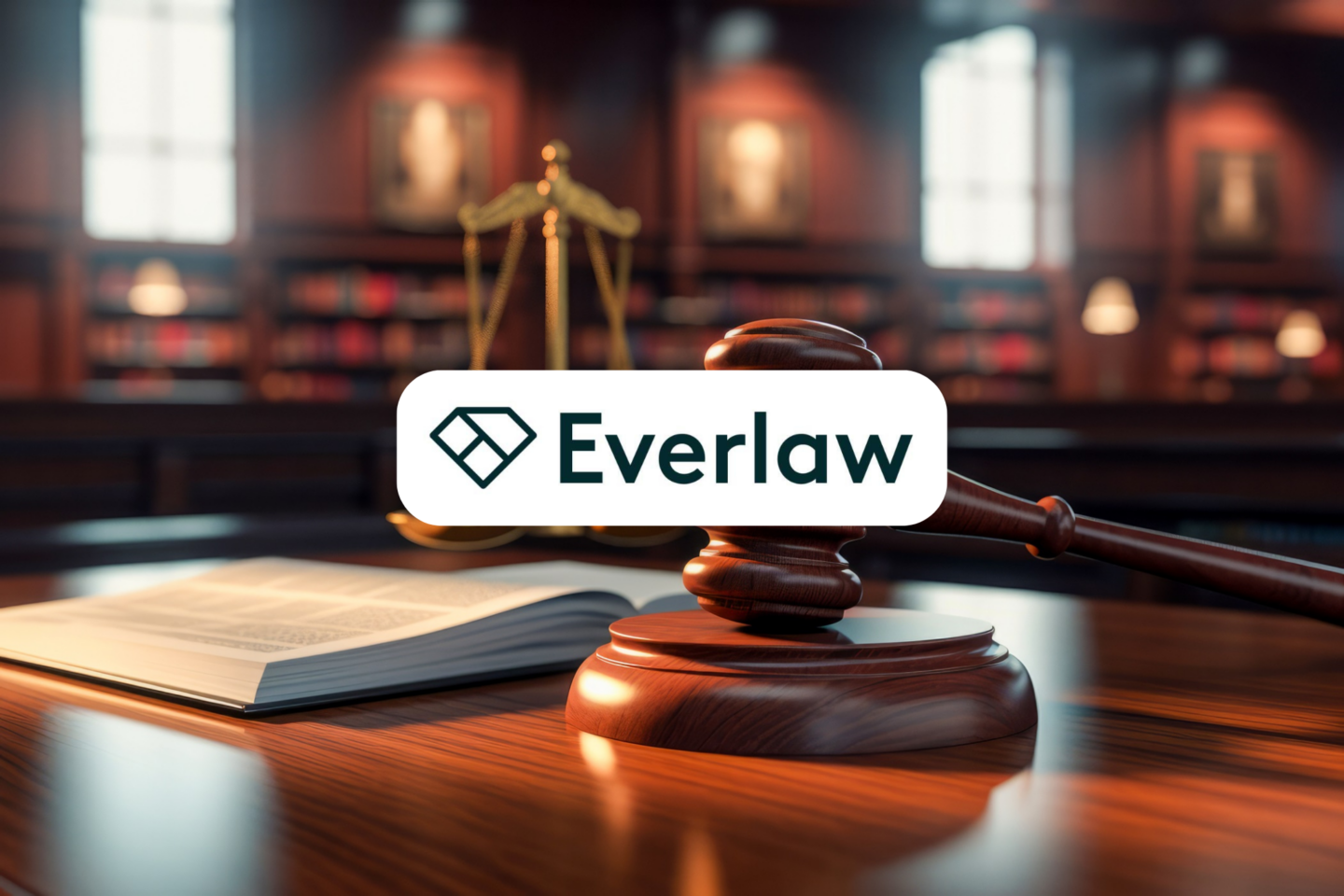How prepared is the legal sector for generative AI? As many as 40% of legal professionals are currently employing generative AI tools or have intentions to incorporate them in the future, according to a survey by Everlaw. However, a substantial 72% expressed reservations, believing that the legal field may not be adequately prepared for the consequences of this technological shift.
Cloud-based platform investigation and litigation platform Everlaw has released its "2023 E-discovery Innovation Report" that highlights a significant trend in the legal sector: a rapid rise in the demand for generative AI technology.
In collaboration with the Association of Certified E-Discovery Specialists (ACEDS) and the International Legal Technology Association (ILTA), Everlaw conducted a survey involving legal experts in the United States from various sectors, including law firms, corporate legal departments, government agencies, and legal service providers. The aim was to identify prominent technology trends in the field of litigation and investigative work related to e-discovery.
"Legal professionals are moving quickly to adopt gen AI tools for some tasks, making sure guardrails are in place. The key is working with trusted partners who are addressing the challenges proactively and responsibly," said Chuck Kellner, strategic discovery advisor, Everlaw.

Legal professionals are ready for AI, but how prepared is the industry?
Generative AI is rapidly gaining momentum, with 40% of surveyed legal experts either currently leveraging generative AI tools (12%) or having intentions to incorporate them in the future (28%).
More than half of the survey participants (51%) agreed, with some strongly agreeing that generative AI would benefit the legal profession. They believed it would help legal professionals provide increased value to clients (51%) and enable them to prioritize higher-value tasks (65%). In contrast, only 29% of respondents believed that generative AI posed a long-term.
While there is a sense of optimism, a substantial 72% of legal experts participating in the survey expressed the view that the legal sector is ill-prepared for the consequences of generative AI, while 22% remained undecided on this matter.
Many concerns surround the adoption of generative AI in the legal field, but it's notable that the issue of "excessive or prohibitive cost" is not a significant one. Only 1% of respondents identified cost as a challenge when employing generative AI for legal purposes.
Instead, the top three concerns were:
- Accuracy, cited by 44% of respondents.
- The inability to provide clear explanations or justifications for AI operations is mentioned by 17%.
- Security concerns were noted by 14% of participants.
Most of the survey participants expressed a high level of comfort when it comes to using generative AI for specific e-discovery tasks. These tasks include tasks like identifying patterns within datasets and creating document summaries.
From e-discovery to generative AI
The survey findings indicated that legal teams that have embraced cloud computing, as opposed to those still relying on on-premises or hybrid solutions, are more likely to be at the forefront of adopting AI and other advancements. These advancements include cloud-to-cloud data transfers, advanced analytics, and comprehensive trial preparation tools. For instance, 56% of cloud adopters are actively utilizing advanced technology, while a majority of on-premises users reported that they had not leveraged such tools within the past year.
Among users of cloud-based e-discovery software handled internally, there was a positive outlook regarding the influence of generative AI on enhancing client value. In fact, more than half (53%) expressed agreement that generative AI would enable them to provide more value to their clients.
Conversely, individuals utilizing on-premises software that is managed internally exhibited the highest level of strong disagreement (15%) with the idea that AI would enhance client value.
Transition to cloud-based technology
An overwhelming 95% of legal professionals anticipate that cloud-based e-discovery will soon become the industry standard.
Currently, 56% of respondents consider cloud-based e-discovery as the prevailing approach, marking a 17% year-over-year increase and nearly doubling over the past two years.
Furthermore, an additional 39% believe that cloud-based discovery software will become the norm within either the next year (12%) or the next two years (27%).
"If the move to the cloud took over a decade for ediscovery, the willingness to experiment with generative AI tools seems far faster – and especially so for other forms of AI adoption. Generative AI is on an accelerated path to the same destination," said Kellner.Speaking of AI in the legal sector, one attorney's decision to rely on AI, precisely ChatGPT, for legal research in a federal filing, led to adverse consequences.









